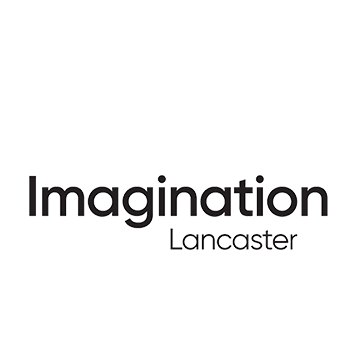We in Imagination are please to be a part of this exciting initiative focusing on three societal challenges that are crucial to envisioning good relationships with, and through, digital technologies:
● equity: because digital relationships take place in conditions of structural inequity
● sustainability: because planetary challenges like climate change demand that our digital relationships are sustainable
● resilience: because wellbeing, wellness and coping strategies in the face of pandemics, political conflicts, natural disasters, digital misinformation, online hate are important to realise the digital good
Society increasingly relies on digital technologies, with many having become integral to people’s relationships and experiences. Institutions use technologies such as Artificial Intelligence (AI) to make their relationships with the public more efficient; digital platforms can be used to share information and connect to others; and apps are increasingly used to administer our lives.
But those same technologies can also discriminate, or be used to harass or mislead – even the most well-intentioned technologies can end up doing harm. And all of our relationships with digital technologies have both positive and negative effects on the planet.
To help ensure that digital technologies have good societal outcomes, the DGN will produce a Digital Good Index to evaluate digital innovations and ensure good societal outcomes. The index won’t reduce the ‘digital good’ to a simplistic checklist; rather, it will account for how, when, where and for whom digital relationships might be considered good.
DGN Director, Professor Helen Kennedy from the University of Sheffield, said: “Because technologies can be harmful, it is understandable that to date, there has been more attention to digital harms than to the digital good. But to ensure that digital technologies have good outcomes for people and societies, we need to turn our attention to what the digital good should look like and how it can be achieved.
“I think this is what US critical race scholar Ruha Benjamin means when she says ‘remember to imagine and craft the worlds you cannot live without, just as you dismantle the ones you cannot live within.”
Funded by the UK’s Economic and Social Research Council (ESRC), the DGN will bring researchers together across disciplines and sectors to generate new insights into the ‘digital good’, and provide digital technology developers, companies and policymakers with the know-how to ensure technologies contribute to the public good.
Read an article from UKRI.
